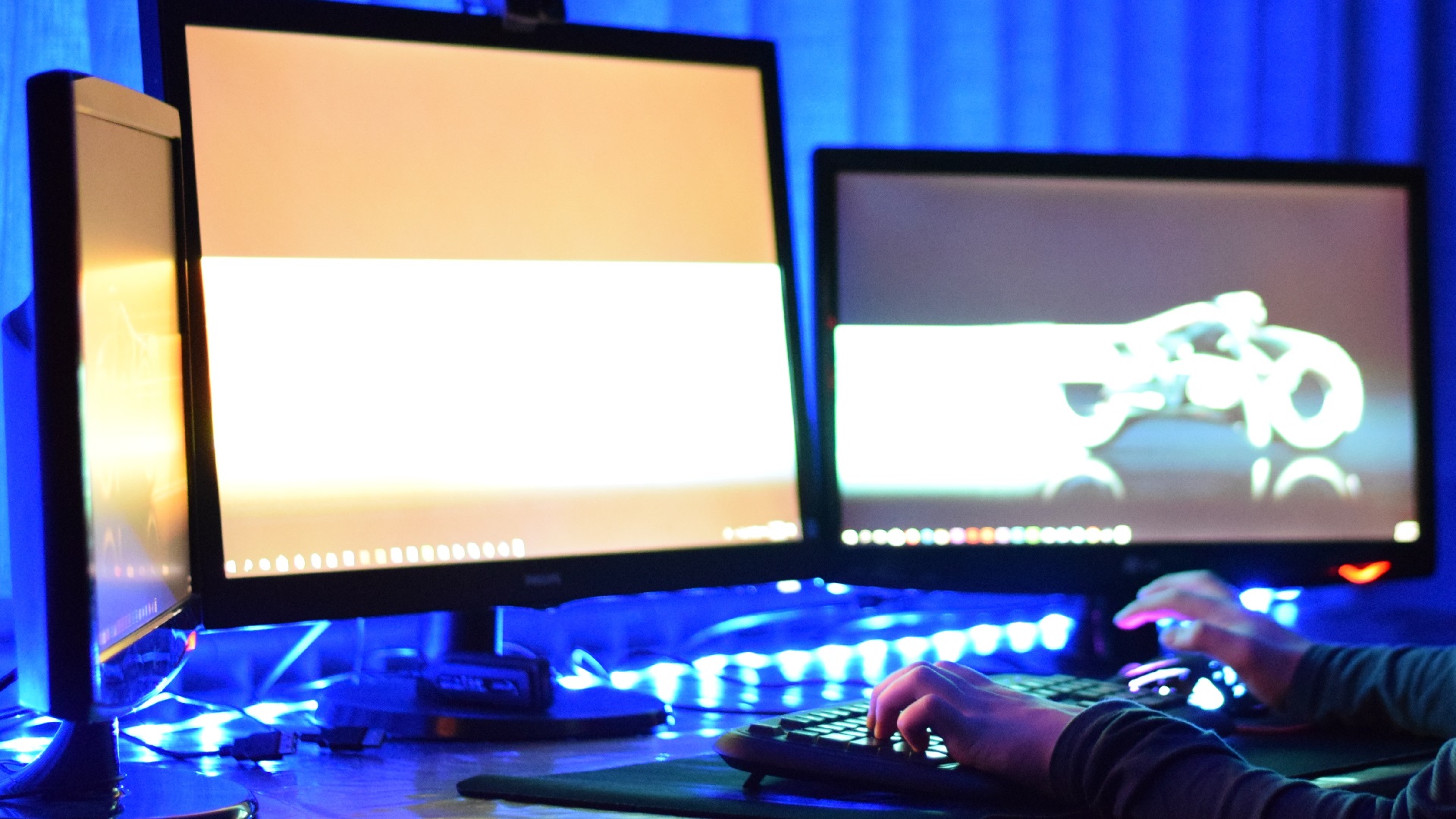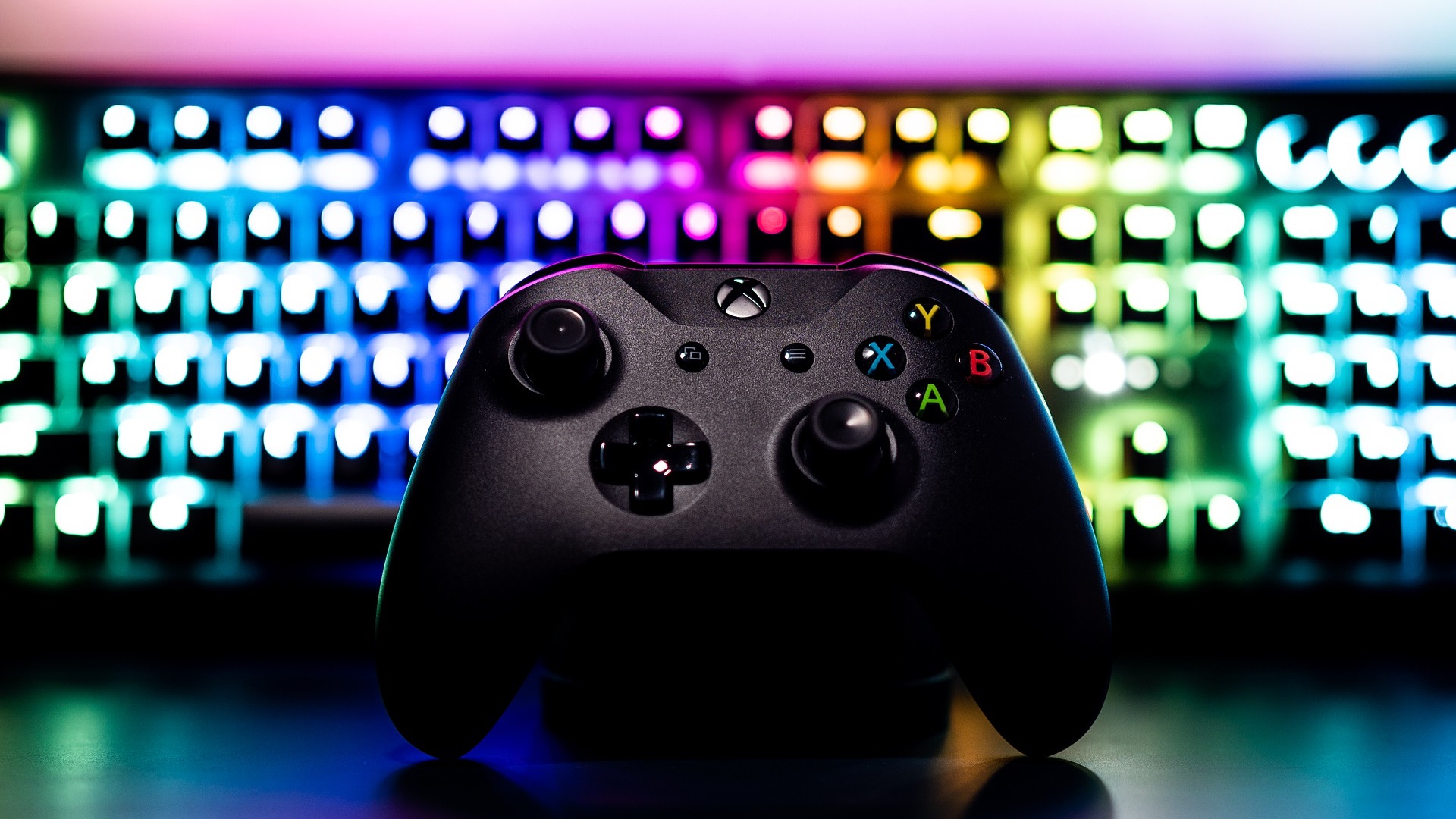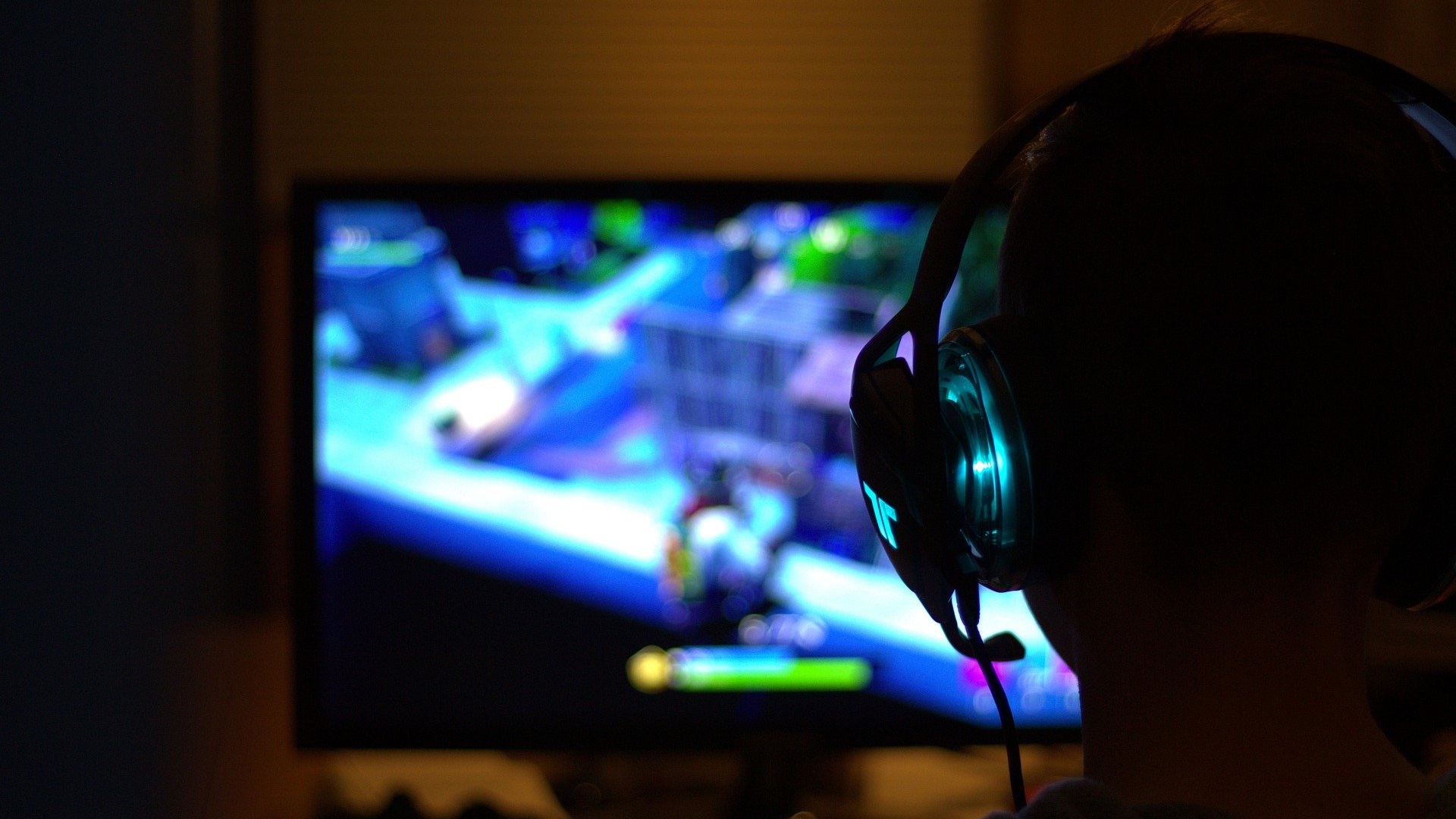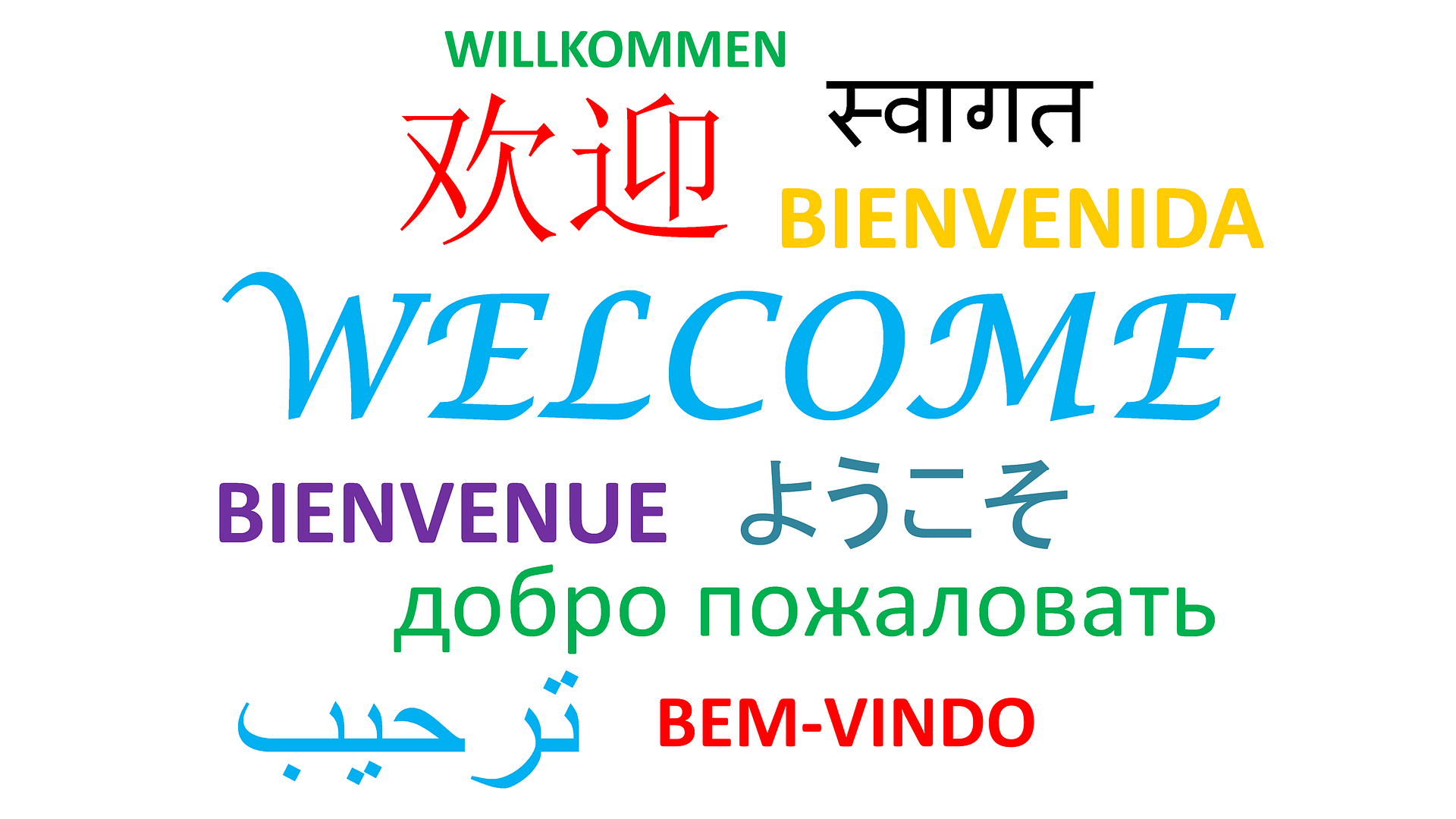How PC gaming saved me from starving
When I was 14, a friend showed up at my place with his hard drive in his hand. He wanted to show me his games, a CD-ROM was not enough, and it was a time before external hard drives. Carrying his HD around was his solution to the problem.
It made me want to carry my hard drive around like him - it seemed so practical in my head. He taught me how to assemble and disassemble a computer, how to set my HD as a secondary drive, and many other things.
Months later, someone from my mother’s church needed help to assemble a computer in his office.
He wasn’t sure who to call for help, so a neighbor told him to talk to “the nerdy kid” from down the street. It was the first time someone hired me for something I learned because of games. Luckily, it wouldn’t be the last either, some opportunities showed up when I most needed them.
PC Gaming and my new life
After four years studying International Relations, I learned politics was not for me, limiting my job options to being an International Commerce Analyst. Although it might sound like something fancy, it was not a highly technical job. It demanded good English, but not four years of college. It was a soul-killing office job that paid not much more than a minimum salary. Even teaching English was better than that.
That situation made me look for jobs at English schools, and I eventually got one. Everything was fine until the school’s upper management replaced me with someone cheaper.
I had just signed a two-year rental lease. The English school promised me job security, but it didn’t take them long to kick me out. My savings were enough for me to last a month eating once a day. Desperate, sending copies of my resume to hundreds of companies and willing to accept anything, I stumbled upon the freelance world.

Content Writing
Job hunting took me to a website that promised gigs. It helped me find work here and there. Specialists usually do better than generalists in the corporate game. However, the freelance world rewards jacks of all trades — at least for a while.
Some people needed translators, others needed music for their videos, and a geeky website hired me to write about gaming. The payment was low, yet it impressed me that someone would pay for my thoughts on hardware, PC Games, and geek culture.
Unfortunately, freelance hubs are usually a race to the bottom. More often than not, it is only a matter of time until someone new accepts offers for even less money. Not having any specialization got me some money at first, but it also made me easily replaceable. To make it worse, I wasn’t aware of any good websites to find work.

Game Support
There was not a single penny in my wallet when this Facebook post showed up in my timeline. A company was looking for game support agents. Although it wasn’t a glamorous job, I couldn’t be picky. Weirdly, the fact they paid in dollars made the paycheck be more than twice what I used to earn as a teacher.
There were grammar tests, pattern recognition tests, knowledge tests, and finally, an interview. I don’t know many PC Gamers whose first instinct is going to customer support when a game doesn’t work — which must be why most people they hired were PC gamers.
The company wanted agents who could figure out why a game isn’t working. They also needed the agents to find a solution by themselves. Something that came naturally to me became a valuable skill. It also got me the highest paycheck I received to that date. I went from eating once a day to comfortably ordering food, paying my bills, and buying video games now and then.
The company expected agents to solve an issue every eight minutes. Meeting that goal was not hard, yet it was tiresome to keep it up for eight hours. As a solution, I started developing fractions of emails and assigned macros to them. The introduction of an email would be ready after two clicks. Certain command lines would give me the body of the message with a suggested solution. After that, I’d type a short, slightly personalized paragraph as a conclusion. That’s how I turned my job into a game of finding the patterns, pressing the correct keys, and moving to the next challenge.

Workforce Manager
Sometimes there was a limited number of tickets to solve within a day. We were allowed to spend our remaining hours gaming when that was the case. Those were the days I would finish twice as many tickets as the others - I wanted to relax and play. People from management noticed my speed. They encouraged me to apply for a Workforce Management position.
It was soon very clear why speed was important in that new position. I was not expecting to play a real-time strategy game during work hours, but it was exactly how it felt. The job consisted of monitoring what everybody else was doing and redirecting them to increase productivity. I had to let them know if they should be doing something else, take note of sick leaves, coordinate logistics with team leaders, and come up with solutions on the fly for issues on the support side. It felt like macroing dozens of units in Starcraft. Occasionally, I’d also have to deal with security issues. It was not unusual to see an agent having password problems, especially when it involved Microsoft Teams.
After getting a second monitor, that job became a much easier task than managing zerg units. Back in my Starcraft 2 days, coming up with a cyclical system where I could check my units, structures, and resources got me in the most competitive league of that game.
By assigning units and structures to shortcuts, I could cycle through specific keys repeatedly to check on them. That was a reliable way to know what needed to be done next, especially when something would distract me. That same system helped me manage two hundred employees — it worked like a charm.

Games Journalist
Being a manager was not too difficult. Still, it was a lot of work. That was the kind of activity that eventually takes a toll on you. It was not fun to be constantly worried and stressed out. Managing units in strategy games was hard, but there was no company money at stake.
Going from a steady job to being a freelancer was a leap of faith. It is challenging to keep this going — considering my first language is Portuguese — but I’m making it work somehow. Now I have time to work with pixel art occasionally. I’m even developing my own game, which is a dream come true.
Who knows what would have happened to me if it wasn’t for my geeky nature and PC Gaming. Chances are, I’d be unhappy, struggling, and eating once a day — or worse. It was a long journey, and it isn’t over yet, but I’m in a better place now.

The many skills PC gaming teaches
Thinking back at my first paid gig, assembling a computer was probably the first thing I learned from gaming on my PC.
I just wanted to show my friends some games and emulators I had, causing me to know a bit more about computers as a consequence. However, this is far from being the only thing PC gaming taught me.

Speaking a foreign language
I’m from Brazil. Translated games were quite rare 20 years ago. So video games helped me develop a robust vocabulary. As a result, learning more words became easier with time. It came in handy when I was 18 and needed money. Kids in my neighborhood needed English classes not to fail school and did not want to choose between paying for food or tuition.
Although it wasn’t the reason I started learning English, gaming improved my proficiency with the language. Electronic RPGs — as we called them back in the day — were my favorite kind of PC game. They had a lot of dialogue, weird words, and proper punctuation. I absorbed a lot of that without even noticing.
Being a gamer also helped me connect with my students, even though they were four years younger than me on average. Most of them loved video games, and I used that to keep them interested in my classes.
Resource Management and Optimization
Teaching English to kids was my only source of income for a long time. Unfortunately, it wasn’t enough. At some point, I needed to take all the work I could find. Aside from the occasional “can you help me get my printer working?” kind of job, I couldn’t find anything else that would pay me better, which forced me to be creative.
Resource management and optimization are second nature to RTS players. Going from wood and meat in Age of Empires to cash and food in real life felt natural. By thinking the same way one would when playing a strategy game, it was easy to identify the worst problems of my domestic economy. Buying cheaper brands, turning off the radio, and other little things didn’t seem like much. I was wrong, though. It all added up in the end.
All zerg players know that resource management is the difference between a successful zergling rush and a failed one. Spending less and saving more made me able to pay for my expenses. It was also crucial to help my mother with the rent.

Multitasking
Another thing real-time strategy game players are known for is multitasking. I’m not sure when exactly it happened to me, but Starcraft wired my brain to think about time management frequently. Wasting time became something I fought against constantly. Even waiting for my coffee to be ready bothers me if I have unfinished chores. I have to be doing the dishes, taking out the trash, or anything that makes me feel like I’m effectively managing my time. It wasn’t the case back then, but many apps can help with that nowadays.
I used to take six buses every day, two to each location: work, college, and finally home. Going from one place to another used to take over one hour — plenty of time for reading and doing homework.
Learning to learn and rewiring my brain
Some games straight up teach you how to do certain things. Kerbal Space Program teaches rocket science, Rockband teaches you how to play drums, and Typing of the Dead is excellent for making you type faster. However, most games do not intend to teach you anything.
Although one can indeed learn a lot from gaming, you need a specific mindset to make it happen. Learning a new language through gaming means constantly translating, listening, and re-enacting dialogues. Learning how to assemble a computer can teach you a thing or two about electronics and optimization if you have budget constraints. Calling the shots in team games might be your first step in becoming a leader. Once you’re in the correct mindset, the world opens up for many opportunities. Some free tools and websites have creative ways to teach you many things as long as you’re willing to put in the effort.

PC Gaming Still Is Just A Hobby
Things that work for one person might not work for others. I’m not recommending games as the means to learn new, valuable skills. Whatever you could learn from it, you probably already have. Do you step back and take deep breaths to fix a situation when facing a problem? Do you ask if you’re doing something wrong before jumping to the conclusion that a gadget is malfunctioning? Are you okay with walls of texts, or are you the kind of person who skips dialogue boxes?
In my case, multitasking, reading, speaking English, and hardware knowledge come from PC Gaming. Nonetheless, it took a conscious effort — and a bit of luck — to associate game situations with real-life ones.
I’m grateful that my hobby is such an essential part of my income. It only took me nearly starving to get there. Still, I believe that there is something in the hobby for everyone involved. Be it relaxing, typing faster, learning to be patient, acquiring good reading habits, or something else.
Competitive sports are frequently recommended hobbies because they can be both fun and beneficial to your health. I don’t see why we cannot face PC Gaming the same way since there are educational games out there. Maybe gaming can be seen as a beneficial hobby once we figure out the titles that help us grow and develop new skills. Perhaps it's more about how to use PC gaming in a beneficial way. Combining gamification with education in technologically enhanced classrooms might be worth trying, and there might be professionals already working on similar concepts, but we will have to wait and see. It might take a while for us to get there, so we should just take what we can for now. I know I did.
- Welcome to TechRadar’s PC Gaming Week 2021, our celebration of the greatest gaming platform on Earth. Despite the global pandemic and ongoing GPU shortages, PC gaming has never been more vibrant and exciting, and throughout the week we’ll be reflecting this with a selection of in-depth articles, interviews and essential buying guides.
from TechRadar - All the latest technology news https://ift.tt/3BEc4NG

Comments
Post a Comment